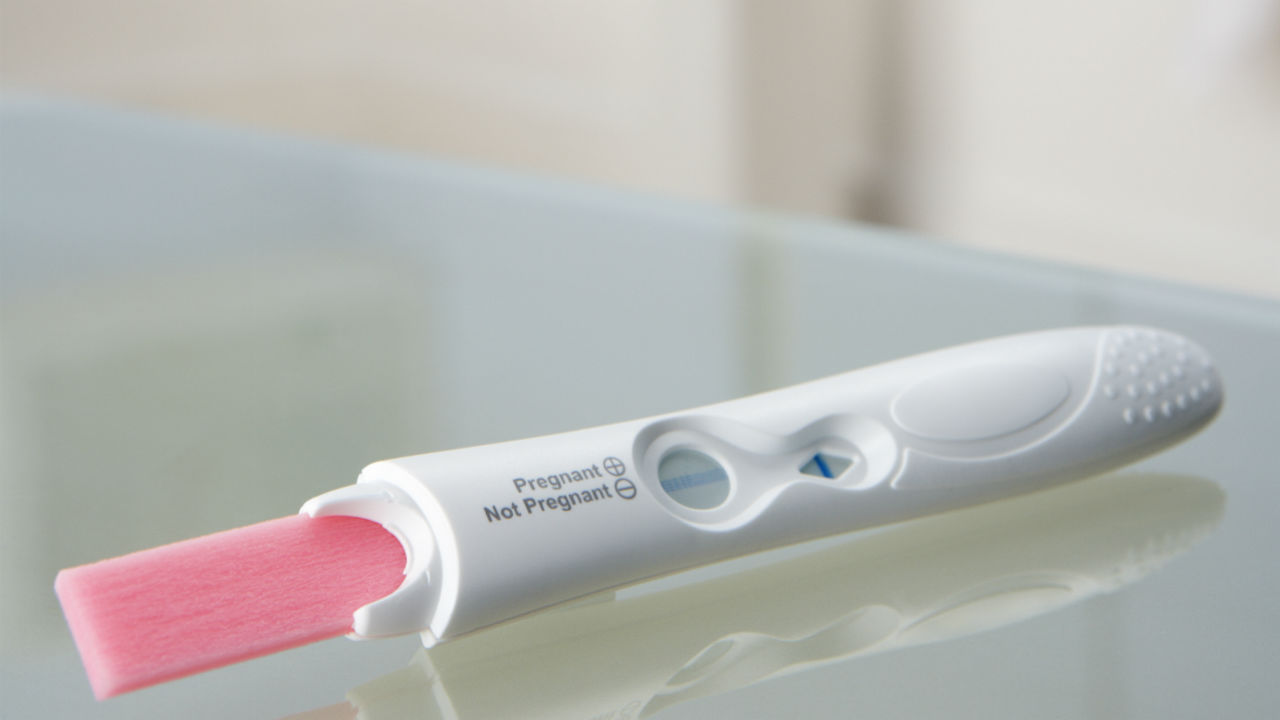 MonkeyBusiness Images/PhotoSpin
MonkeyBusiness Images/PhotoSpin
Sponsored By: The Stork® OTC
Getting pregnant seems like one of the most natural things a woman can do. But if you’ve been trying to conceive and haven’t been able to get pregnant, you’re not alone. One out of every six couples have difficulty conceiving, according to Reuters.
A couple is defined as infertile when they have been unable to conceive after 12 months of unprotected sex for women under age 35, and after six months for women age 35 and older. According to womenshealth.gov, infertility is attributed evenly to men and women at one-third each. With the remaining cases of couples, the cause of infertility is unexplained.
Not conceiving in the first year of trying does not mean there is no hope of getting pregnant. Many couples are able to conceive naturally in their second year or more of trying. But there are physical conditions that can hinder your attempts at getting pregnant.
About 11 percent of women ages 15-44 have an impaired ability to get pregnant or remain pregnant the full term, the Centers for Disease Control and Prevention (CDC) said. That adds up to 6.7 million women who have a fertility problem.
Common causes of infertility in women include:
- Problems with the cervix - The cervix is the lower end of the uterus, which opens into the vagina. Sperm must pass through the cervix to get into the uterus in order to fertilize an egg.
- pH imbalance - A pH level in the vagina that is too high or too low can cause an unfavorable vaginal environment that makes it less likely for an egg to be fertilized
- Damage in the reproductive system – This may be the result of polyps, endometriosis, fallopian tube issues, infections, scar tissue, uterine fibroids, birth defects or other medical conditions. These conditions can block the passage of an egg from the ovaries to the uterus, prevent sperm from reaching the egg to fertilize it, or prevent the fertilized egg from successfully implanting in the uterus.
- Ovulation problems – Polycystic ovarian syndrome (PCOS) is the most common cause of infertility in women. PCOS is a hormone imbalance issue that can interfere with ovulation. Other issues that affect ovulation include cysts, problems with the menstrual cycle, weight issues and drug or alcohol use.
Other factors can also make it more difficult for a woman to conceive. These include:
If you have been trying to get pregnant, there is help available. Your health care provider can help diagnose the cause of your fertility problem and suggest options to help you get pregnant, which may include artificial insemination, in vitro fertilization or other medical solutions.
You might also want to consider help that is available over-the-counter such as The Stork® OTC. The Stork OTC uses cervical cap insemination to capture sperm and help transfer it directly to the cervix to help couples with common fertility problems including low sperm count or an unfavorable vaginal environment.
The Stork OTC can be purchased at several store locations. Enter code 10STORKOTC at check-out to save $10 on the product.
If you are concerned about infertility or have questions about getting pregnant, talk to your health care provider.
Sources:
Centers for Disease Control and Prevention. Infertility. Web. May 14, 2015. http://www.cdc.gov/nchs/fastats/infertility.htm
The Stork OTC. Fast Facts on Infertility. Web. May 14, 2015. http://www.storkotc.com/tips-for-getting-pregnant/infertility/
Office on Women’s Health, U.S. Department of Health and Human Services. Infertility fact sheet. Web. May 14, 2015. https://www.womenshealth.gov/publications/our-publications/fact-sheet/infertility.html
WebMD. Fertility Problems – Topic Overview. Web. May 14, 2015. http://www.webmd.com/infertility-and-reproduction/tc/fertility-problems-topic-overview
Almost one in six couples face infertility: study. Reuters. Web. May 14, 2015. http://www.reuters.com/article/2013/01/11/us-couples-infertility-idUSBRE90A13Y20130111






Add a Comment1 Comments
I like that they at least acknowledged male-factor infertility, but i wish they would have elaborated in that side of it, too. Far too many women go through the huge series of tests, come up with nothing, THEN send the male in for his exam/semen analysis. I feel that if more emphasis were placed on the male-factor (because it is equally frequent), then it would save people a great deal of time, money, and procedures (and let's face it, a semen analysis isn't as bad as all of the tests women have to go through...) and I dont necessarily think that recommending Stork is the best idea, given that the author has no idea what the individual circumstances are for each individual reader. There are a LOT of products that claim to help improve fertility, it just sounds like the author has been paid by the manufacturer to promote this product, which is not ok given the nature of this article.
August 15, 2015 - 3:14pmThis Comment